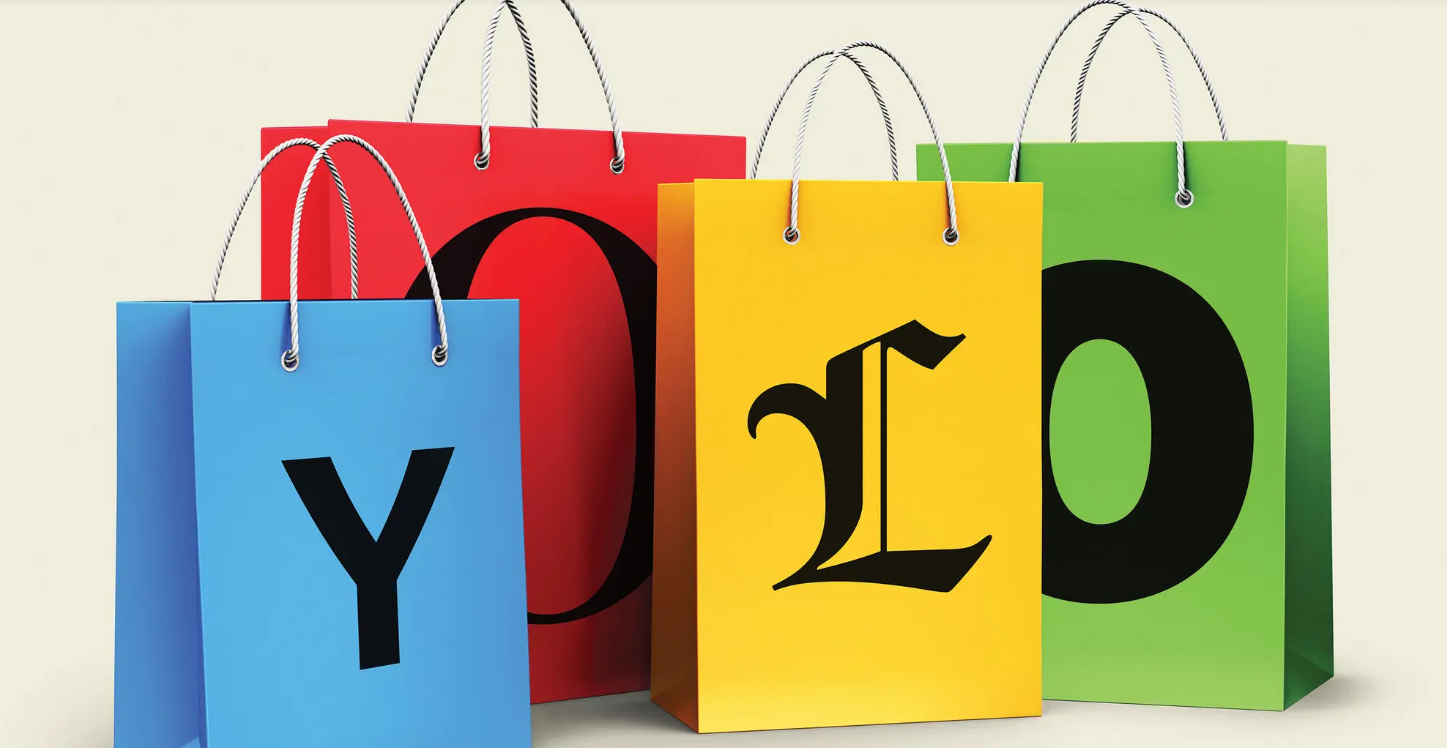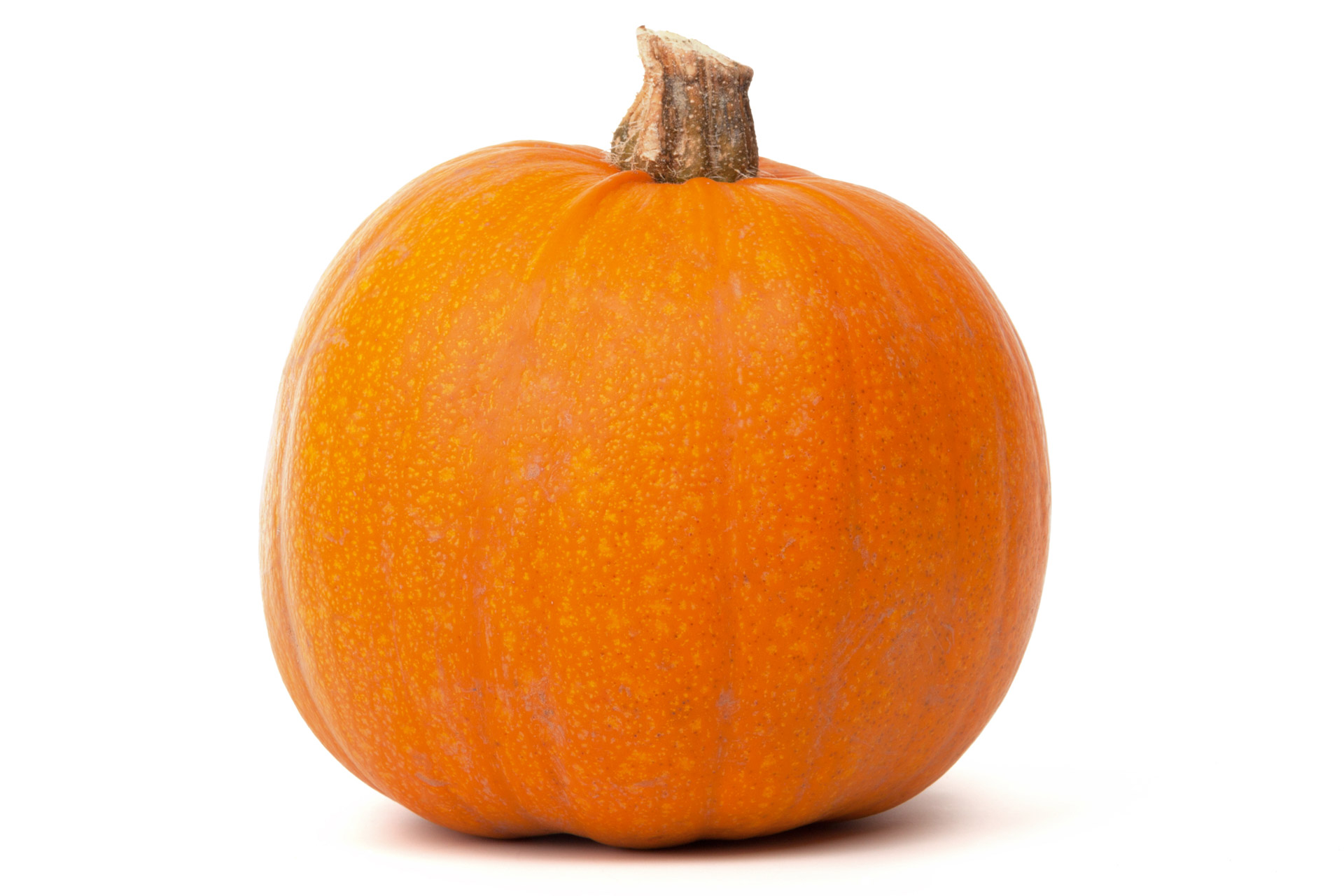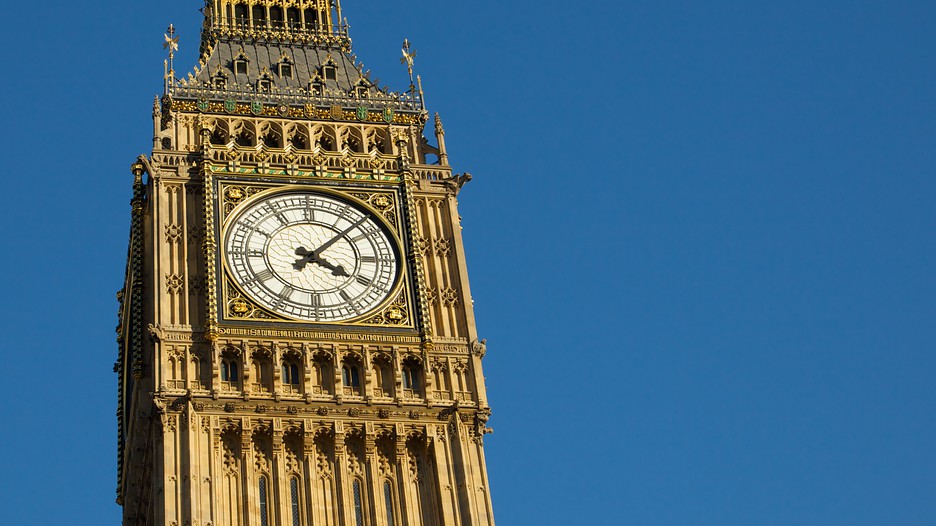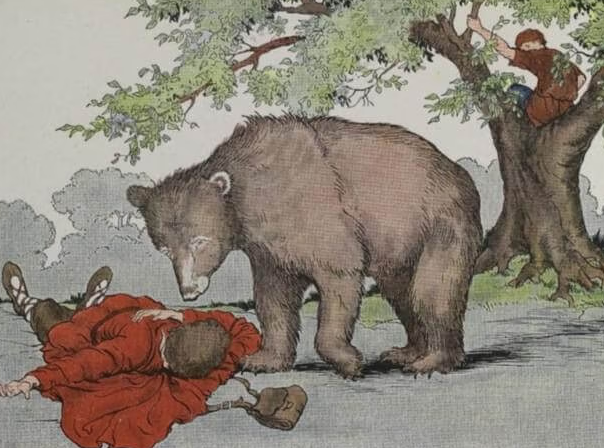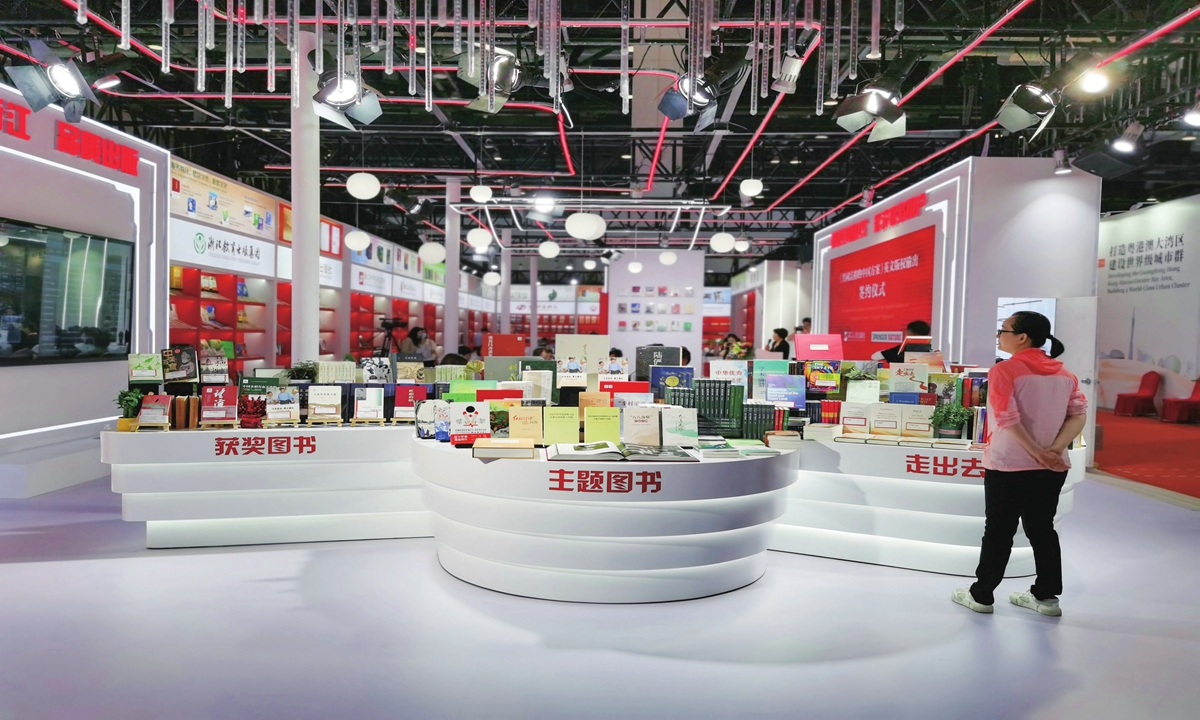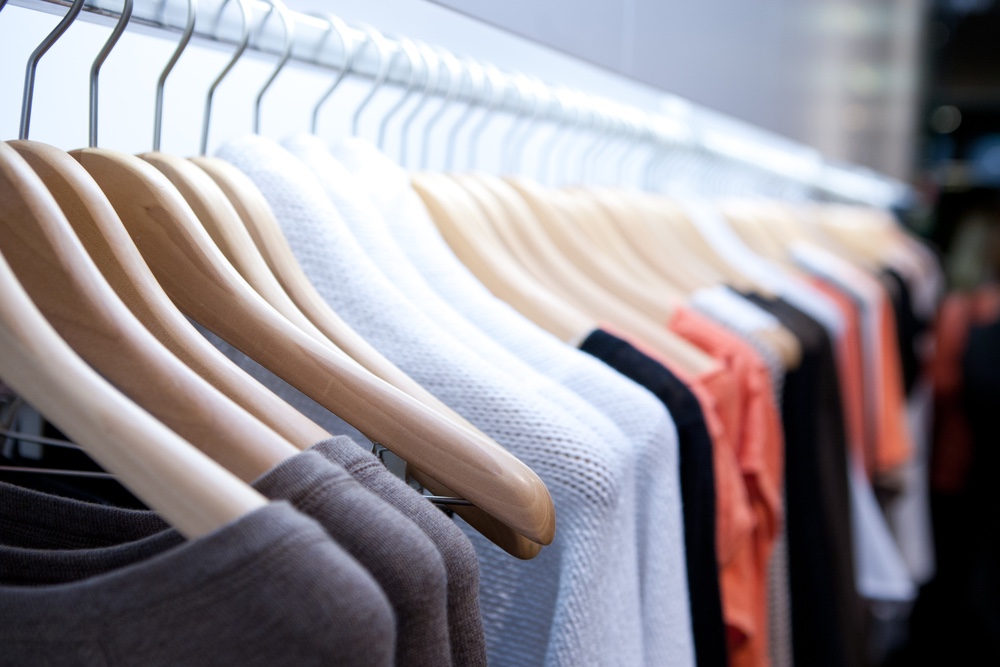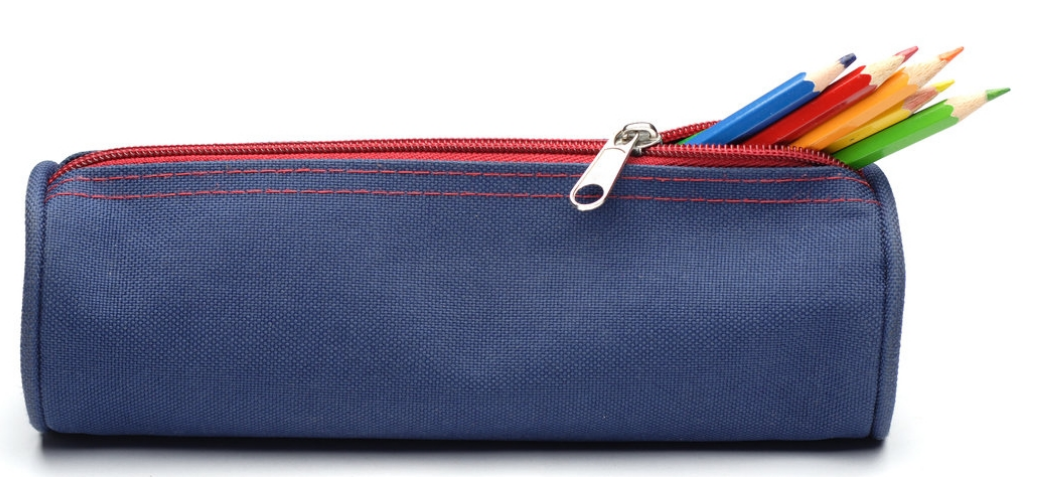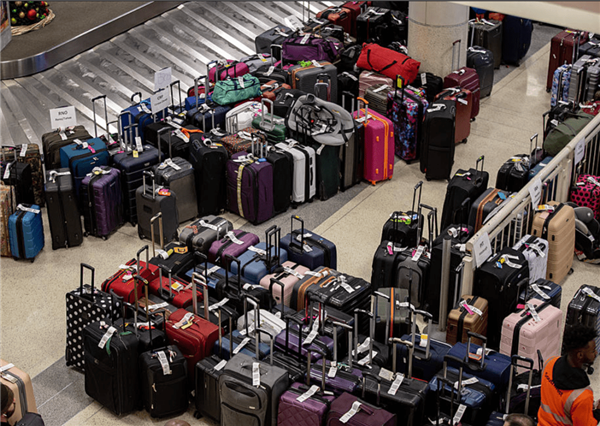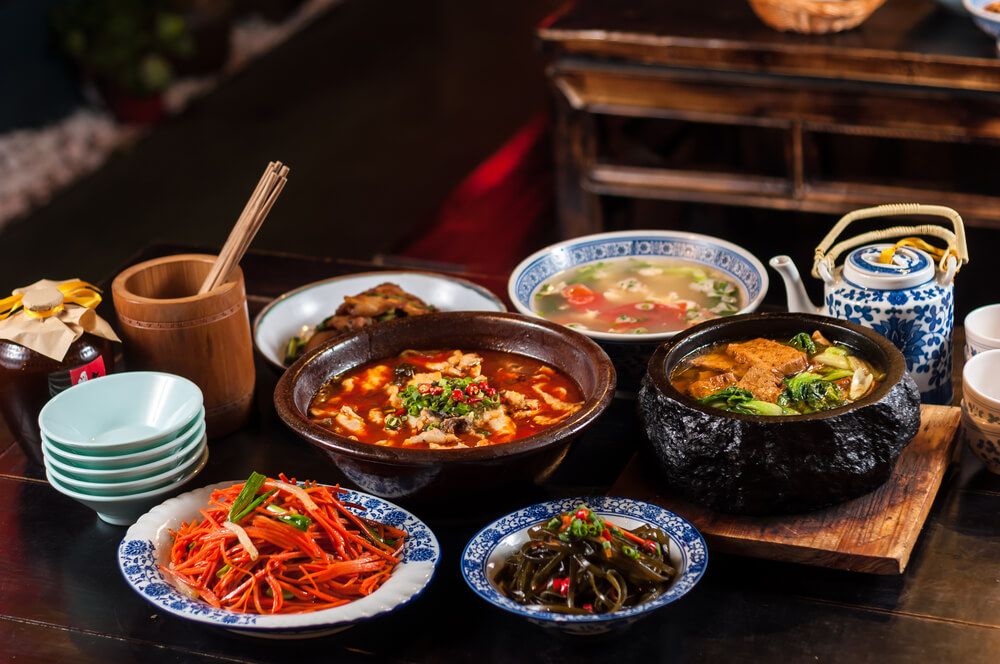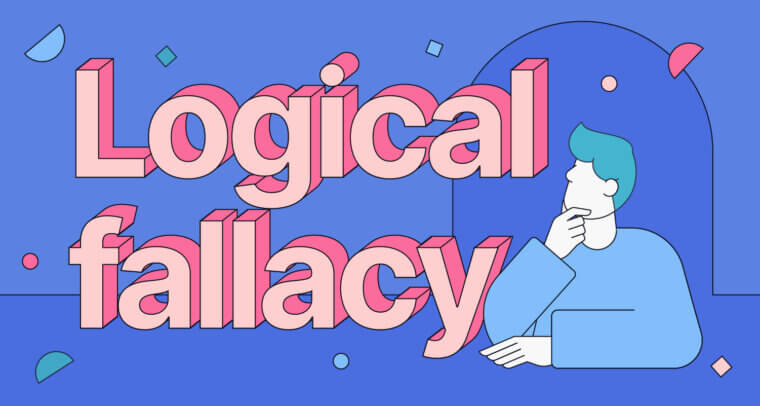疫情影响了人们的消费方式,由于许多企业关闭,许多人转向储蓄。然而,这种情况在2020年秋天发生了变化,当时人们开始购买物品来装饰自己的房子。当人们试图弥补失去的时间时,这就演变成了“报复性支出”。这给人们带来了经济压力,一些人很难恢复以前的储蓄习惯。尽管政府提供了刺激措施,但一些人对自己的支出采取了“金融虚无主义”的态度,他们说他们会用信用卡购买自己想要的东西,因为他们永远不知道未来会发生什么。其他人为了追求终身目标,已经转向了预算编制和更多储蓄。
At first, I spent little during the pandemic’s early days. With bars and restaurants shuttered and no incentive to buy shoes or clothes, my primary indulgences had been nullified. I paid down my credit card balance and began saving in earnest for the first time in years.
一开始,疫情早期我几乎没花多少钱。由于酒吧和餐厅关闭,购买鞋子或衣服的动力也不存在了,我的主要嗜好也因此被砍掉了。我付清了信用卡余额,开始真正意义上地储蓄,这是多年以来的第一次。
My good habits dissolved in the fall of 2020. I began nesting, buying candles and tchotchkes as antidotes to the stale vibes of my home. When I was vaccinated for Covid-19 the next spring, I started buying crop tops, sneakers and bike shorts, and I went out to bars and restaurants again.
我的好习惯在2020年秋天瓦解了。我开始布置家居,购买蜡烛和小玩意以抵消家中陈旧的氛围。当我在2021年春季接种了新冠疫苗后,我开始购买露脐装、运动鞋和自行车短裤,并再次光顾酒吧和餐厅。
But I didn’t stop nesting, and the money I had saved began trickling away, candle by candle, cocktail by cocktail. I believed my new lust for purchasing would be temporary, my spending stretching thin like a rubber band before quickly retracting to its prepandemic girth once things were “back to normal.” But my “revenge spending” would linger far longer.
但我并没有停止布置家居,我储蓄的钱逐渐流失,一支蜡烛、一杯鸡尾酒接着一杯。我认为我对购物的新欲望只是暂时的,我的支出会像一根橡皮筋一样被拉伸到极限,然后在事情“回归正常”后很快缩回到疫情前的水平。但我的“复仇性消费”持续时间远超预期。
Ola Majekodunmi, the founder of All Things Money, a finance site for young adults, explained revenge spending as expenditures meant to make up for “lost time” after an event like the pandemic.
All Things Money的创始人Ola Majekodunmi解释说,复仇性消费是指在像疫情这样的事件后进行的花费,以弥补“失去的时间”。
Ms. Majekodunmi recommends using a budgeting framework for your income that splits it into three categories: 50 percent applied to your needs, such as rent; 30 percent spent on your wants; and 20 percent set aside for savings or investing. In the months after I was vaccinated, my percentages were closer to 50 percent spent on my needs, 100 percent set aside for my wants and 0 percent for savings and investing. My credit card made up the difference. Not until November, 20 months after I received a second vaccine dose, did the rubber band finally snap back — or maybe just snap.
Majekodunmi女士建议将收入按照三个类别分配:50%用于生活必需品,如租金;30%用于自己的消费欲望;20%用于储蓄或投资。在我接种疫苗后的几个月里,我的比例更接近于50%的生活必需品支出、100%的个人消费和0%的储蓄和投资。我用信用卡弥补差额。直到我接种第二剂疫苗后的20个月后的11月,这根橡皮筋才最终松动——或者说,破裂了。
I was packing for a friend’s birthday weekend in Marfa, Texas, which would culminate in a $125-per-person dinner with a prix fixe menu that did not include drinks, when contemplating the trip’s expenses caused me to swoon like a delicate Victorian woman after a good leeching. The previous summer, I had left my full-time job at a magazine to do freelance work. It was going OK, but it was not calm-in-the-face-of-a-possible-recession OK.
我正在为一个朋友在德克萨斯州的马法镇度过的生日周末收拾行李,其中的高潮是一顿每人125美元的固定菜单晚餐,不包括饮料。但是当考虑到旅行的开销时,我感到像一个娇弱的维多利亚女子经历了一次良好的放血后晕倒了。前一个夏天,我离开了一家杂志的全职工作去做自由职业工作。情况还可以,但面对可能的经济衰退时并不太平。
My spending had ceased to be something I could ignore. I bailed on the birthday trip and initiated spartan austerity measures to get back on track. But in doing so, I noticed that some of the habits I had developed during the pandemic seemed to go beyond making up for lost time. And they have proved hard to break.
我的开支已经不再是我可以忽略的事情了。我放弃了生日旅行,并采取了简朴的紧缩措施来重新上轨道。但在这样做的过程中,我注意到我在疫情期间养成的一些习惯似乎超出了弥补失去的时间。而且它们已经被证明很难打破。
I had expected to emerge from the uncertainty of lockdown the way that people from the Silent Generation emerged from the Great Depression: stoic and thrifty. I thought I’d come out of it like Joanna Fowler, 31, of Richmond, Va., who said she had always been a careful spender, but became much more militant about budgeting during the pandemic.
我曾期望自己会像“沉默的一代”从大萧条中走出来那样坚忍不拔、节俭。我以为我会像弗吉尼亚州里士满市的乔安娜·福勒一样,她说她一直是个谨慎的花钱者,但在疫情期间变得更加军事化地预算。
I contacted Chiraag Mittal, an associate professor of commerce at the University of Virginia, to ask where I had gone wrong. Why, I inquired, did so many Americans who had retained their jobs and spending power through the pandemic (and even some of us who either left our jobs or were laid off) emerge with a greater willingness to spend? Dr. Mittal pointed out that stimulus checks could have skewed how some consumers adapted to the constraints of the pandemic, not necessarily because the amounts were life-changing but because the checks arrived when many Americans were already reflecting on their finances and lifestyles.
我联系了弗吉尼亚大学商学院的副教授Chiraag Mittal,询问我哪里做错了。我问他,为什么那么多在疫情期间保住了工作和消费能力的美国人(甚至是我们这些离开了工作或被解雇的人)出现了更愿意花钱的趋势? Mittal 博士指出,刺激支票可能会扭曲某些消费者适应疫情限制的方式,这不一定是因为金额是改变生活的,而是因为这些支票到达时,许多美国人已经在反思他们的财务和生活方式。
“Death and mortality were just so salient that the immediate effects were to say: ‘You know what? I can die anytime. What’s the point of putting everything on the back burner?’” Dr. Mittal said.
“死亡和死亡率如此突出,以至于其直接影响是:‘你知道吗?我随时都可能死。把一切都放在后面有什么意义呢?’”Mittal博士说。
That “you only live once” mentality prompted some people to limit spending in order to pursue lifelong goals they had been postponing. Ms. Fowler described how during the pandemic a dream to take a sabbatical motivated her to save more. And Danielle Eads, a 31-year-old from New Jersey who is transitioning to a new career, said that since she had moved in with her sister and her sister’s husband in Brooklyn, N.Y., to help care for their baby, her spending had been “near zero.”
“你只活一次”的心态促使一些人限制开支,以追求他们一直推迟的终身目标。福勒(Ms. Fowler)描述了在大流行期间,一个想要休假的梦想促使她存钱的经历。而丹尼尔·伊兹(Danielle Eads)是来自新泽西州的31岁女性,正在转行,她说自从她搬到纽约布鲁克林区与姐姐和姐夫一起照顾他们的孩子后,她的开支已经“接近零”。
But others, like me, have given themselves over to financial nihilism.
但是像我这样的人,已经陷入了财务虚无主义。
“I’ll use the credit card, because you never know when the world might stop again,” said Tori Mohn, 29, who lives in Austin, Texas. “I’m going to drink the nice wine, go to the nice restaurants, have the cocktails.”
“我会用信用卡,因为你永远不知道世界什么时候会再次停滞,”29岁的托里·莫恩(Tori Mohn)在德克萨斯州奥斯汀市说。“我会喝好酒,去好餐厅,喝鸡尾酒。”
“What I looked forward to the most was getting mail, getting packages,” said Emma Joss, 29, who works at a creative agency in Los Angeles. “That was like a dopamine hit.”
“我最期待的就是收邮件,收包裹,”29岁的艾玛·乔斯(Emma Joss)在洛杉矶的一家创意机构工作。“那就像是多巴胺的刺激。”
Early in the pandemic, Ms. Joss had begun ordering bottles from her neighborhood wine shop. When restaurants in the area began offering groceries, she bought them. She wanted to support local businesses and was able to justify those indulgences — and some TikTok-inspired spending on clothing and skin care — by telling herself that she was saving money by not going out.
大流行早期,乔斯女士开始从她的社区酒店订购酒。当该地区的餐厅开始提供杂货时,她也会购买。她想要支持当地企业,并且通过告诉自己她不外出省钱来证明这些放纵是可以接受的,还受到TikTok上的购物和护肤启发。
She has since realized that her spending is unsustainable. “First it was because the pandemic is happening, and the world is on fire, and climate change, and family members are sick,” Ms. Joss said. “But it’s, like, things will always be bad.”
她后来意识到她的消费是不可持续的。“起初是因为大流行正在发生,世界处于危机之中,气候变化,家人生病,”乔斯女士说。“但是,好像事情永远都不会变好。”
Ms. Mohn, who said she had not previously shopped online often, now finds it hard to resist. “All my cards are now saved on everything — on my computer, on my phone,” she said, noting the rise of shopping apps that allow users to purchase items from many brands and to track deliveries. “Oh, I can get that here by tomorrow? Perfect, I’m just going to order it right now. I feel like it’s made me trigger-happy. It’s made it easier for me to pretend it’s Monopoly money.”
Mohn女士表示以前并不经常网购,但现在很难抗拒。她说:“我所有的信用卡都已保存在电脑和手机上”,并指出了购物应用程序的普及,使用户能够购买多个品牌的物品并追踪交货情况。她说:“哦,我可以明天在这里得到它吗?太完美了,我现在就下订单。我觉得这让我变得轻率了。它让我更容易假装这是《大富翁》的钞票。”
Drazen Prelec, a professor of management science and economics at the Massachusetts Institute of Technology, explained that the instrument we used to spend mattered greatly: Merely holding a credit card in your hand creates an expectation that you will spend, just because you have used it to spend before.
马萨诸塞理工学院的管理科学和经济学教授 Drazen Prelec 解释说,我们用来消费的工具非常重要:仅仅拿着信用卡会产生消费的期望,只因为你以前用过它来消费。
“In fact,” he said, “two different credit cards can give you two different cravings.”
他说:“事实上,两张不同的信用卡可以让你有两种不同的渴望。”
“If you use the Amex, let’s say, for luxury dinners and so on, and you use something else for gasoline, they’re not going to create the same craving, because the history is different,” he added.
他补充道:“如果你用美国运通卡,比方说,用于奢华晚餐等方面,而你用其他卡购买汽油,则它们不会产生相同的渴望,因为它们的历史不同。”
What happens, then, when you begin regularly using a phone or computer to make purchases? Now that Apple Pay is widely accepted, phones are used during many in-person transactions. A phone itself could very well become a cue to spend. This worries Dr. Prelec.
那么,当你开始经常使用手机或电脑进行购买时会发生什么呢?现在 Apple Pay 得到了广泛的认可,在许多面对面交易中都会使用手机。一部手机本身很可能会成为消费的信号。这让 Prelec 博士感到担忧。
“I’m actually very, very nervous about technology doing that, generally,” he said. “The fact that the same screen that we use for work is the same screen we use for entertainment is the same screen we use for financial transactions — the fact that we don’t have physical partitioning of activities with different instruments, I think is a real challenge.”
他说:“我实际上非常担心技术会这样做,总的来说。我们用于工作的同一屏幕也是我们用于娱乐的同一屏幕,也是我们用于财务交易的同一屏幕 - 我们没有使用不同工具进行不同活动的物理隔离,我认为这是一个真正的挑战。”
Dr. Prelec also introduced me to the term “pain of payment,” which refers to the mental accounting of a consumer’s finances that undermines the thrill of consumption — “the awareness that an asset is dissolving as you use it,” he said.
Prelec博士还向我介绍了“支付痛苦”这个术语,它指的是消费者财务的心理账户,削弱了消费的快感 - “你使用时意识到资产正在溶解,”他说。
Several months ago, I made a budget using a Google spreadsheet and started tracking all my expenses. This added a layer of hassle to every transaction: I was essentially manufacturing a pain of payment.
几个月前,我使用 Google 电子表格制定了预算,并开始跟踪我所有的支出。这为每笔交易增加了一层麻烦:我基本上在制造支付痛苦。
And to counter how easy it is to spend while using our devices, or what Dr. Prelec called “the unreality of the virtual,” I barred myself from making purchases on my computer or phone, and I unsubscribed from the emails from brands that tempted me.
为了应对在使用设备时容易消费的问题,或者像普雷勒博士所说的“虚拟现实的不真实性”,我禁止自己在电脑或手机上购买,并退订了诱惑我的品牌的电子邮件。
剩余段落暂不支持预览,下载文章即可阅读全文,有任何疑问请您联系客服【18011429143】微信同号。





